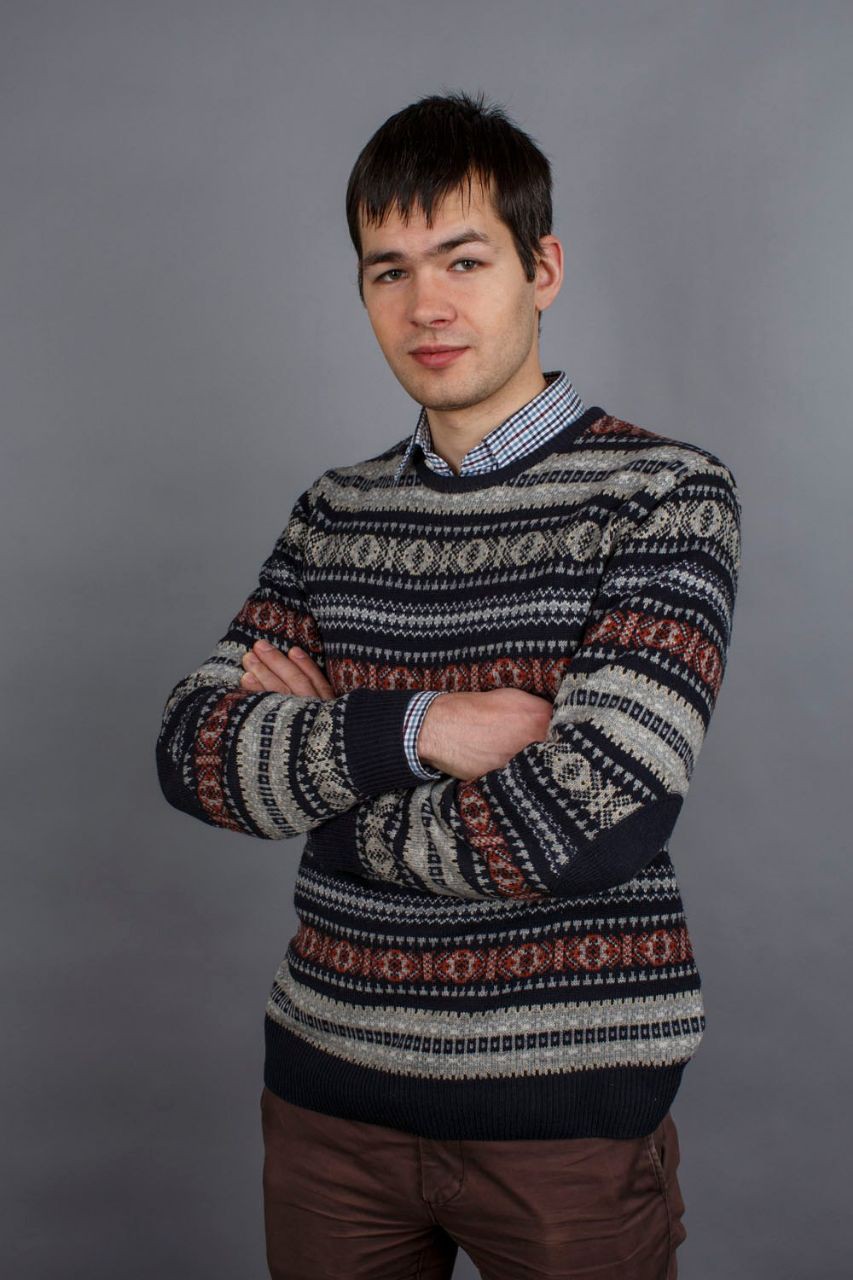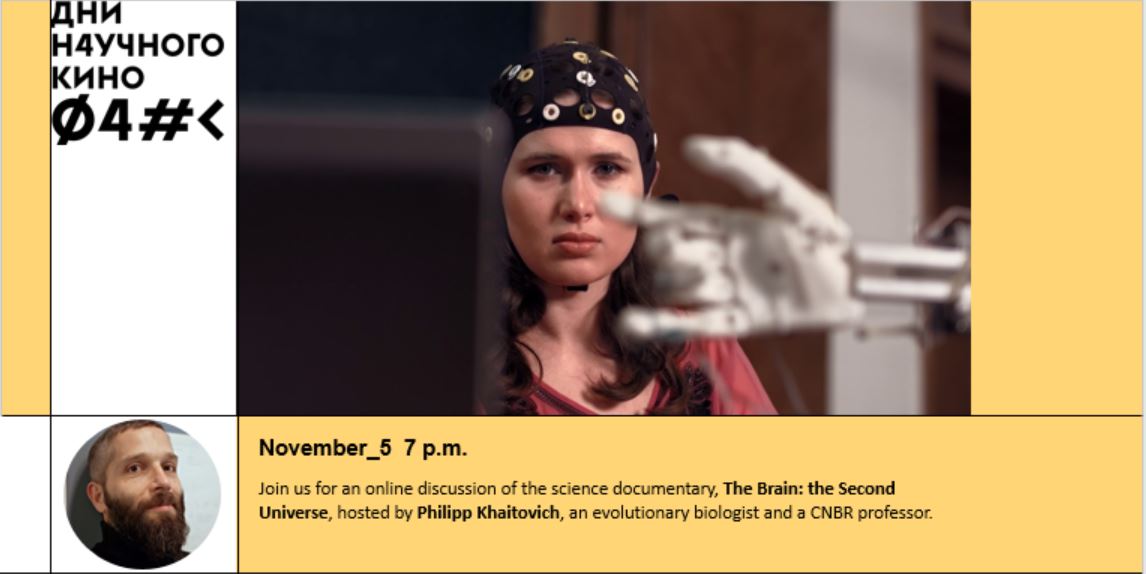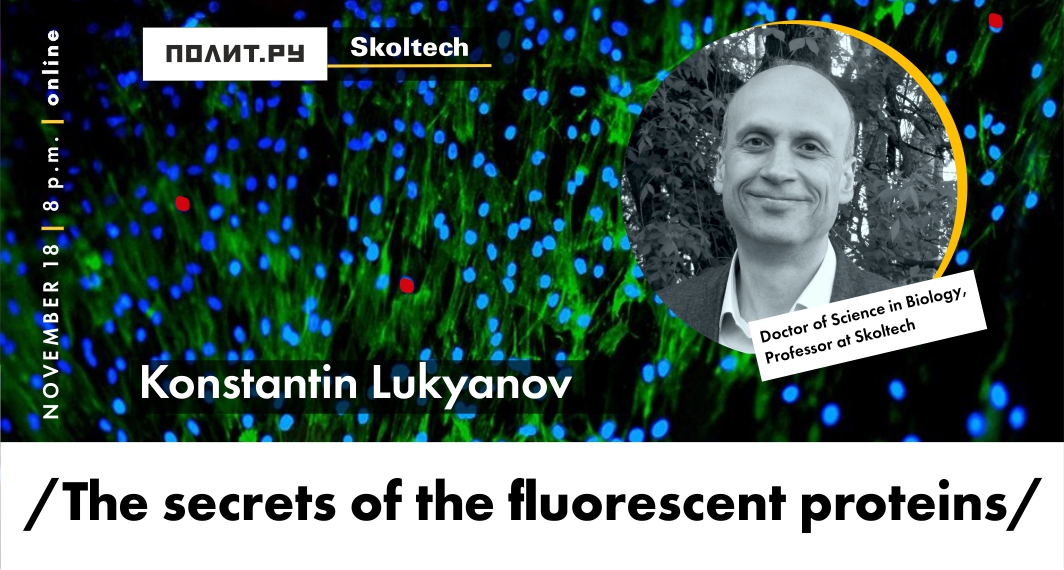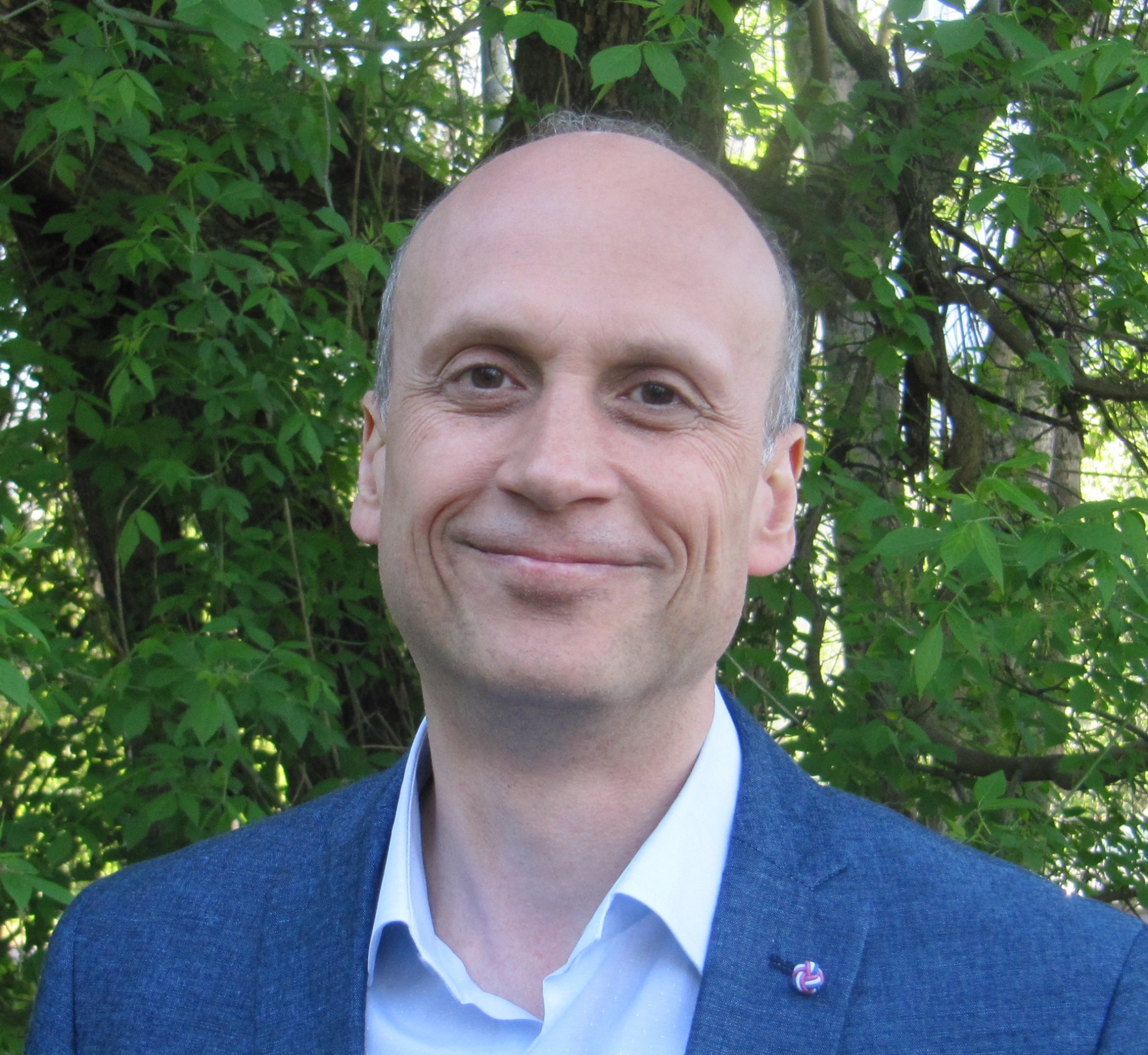-
Category Archives: Seminars
Skoltech Lecture Hub at ARHE presents a lecture by Alexey Zaytsev: Terminators by Google and Yandex
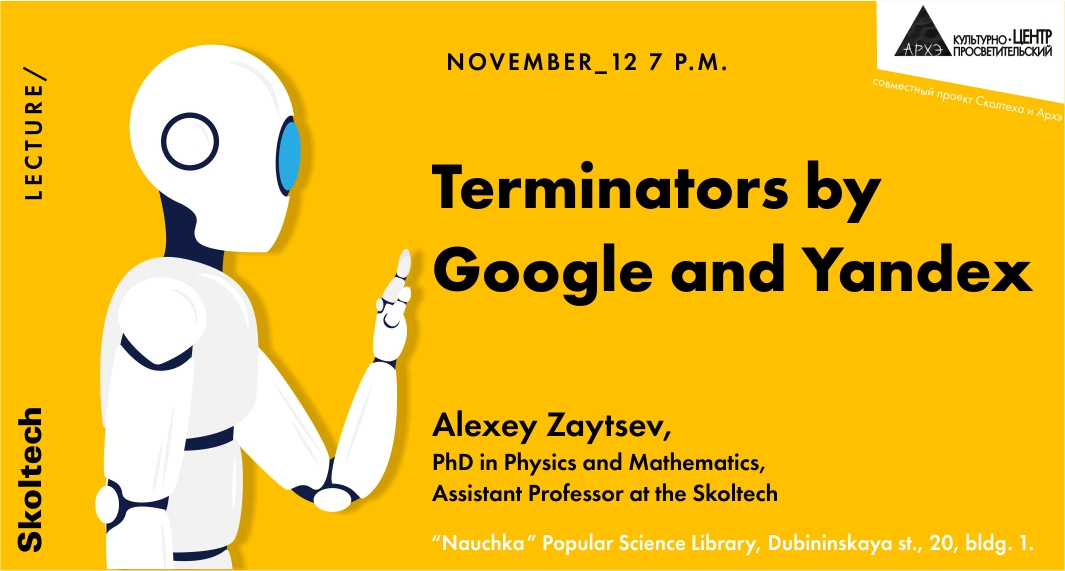 Does identifying a cat in the image have anything in common with playing a Go game? Obviously it does, for in either case Artificial Intelligence (AI) gets the better of human intelligence.
Does identifying a cat in the image have anything in common with playing a Go game? Obviously it does, for in either case Artificial Intelligence (AI) gets the better of human intelligence.
Nowadays, AI has taken over many manual routines and will soon learn to drive cars, trucks and farm machines, answer customer calls, wait tables and do accounting.
Creating universal AI capable of dealing with a broad variety of tasks appears as a fundamental scientific problem. What is AI able to do today and what will it become 10 years from now? Will we develop “strong” AI capable of doing everything at once and, if we do, when will this happen? Will AI pose a danger for humankind?
Alexey Zaytsev will talk about how AI can solve hitherto intractable tasks and what challenges it will address in the future.
Alexey Zaytsev, a PhD in Physics and Mathematics, is an Assistant Professor at the Skoltech
Center for Computational and Data-Intensive Science and Engineering (CDISE) and Head of the Skoltech-Sberbank joint laboratory.
FANK Scientific Film Days at Skoltech. Online discussion in English
Join us for an online discussion of the science documentary, The Brain: the Second Universe, hosted by Philipp Khaitovich, an evolutionary biologist and a CNBR professor at, within the FANK Contemporary Science Film Festival on November 5 at 19 p.m. Check out the full version of the film for free on Megafon TV until November 8.
The link to access the discussion at Zoom (Access code: 492332)
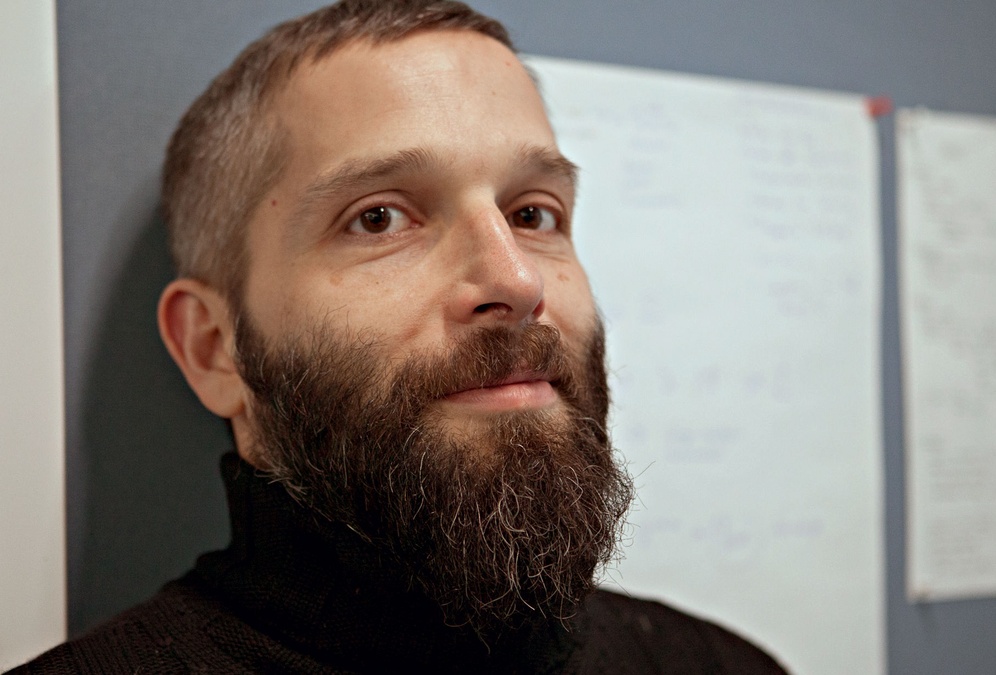
Philipp Khaitovich is an evolutionary biologist and a Professor at the Skoltech Center for Neurobiology and Brain Restoration (CNBR) since 2014. After completing his undergraduate studies at Lomonosov Moscow State University, he earned a PhD degree in biochemistry from the University of Illinois at Chicago. Philipp did his postdoctoral research at the Max Planck Institute for Evolutionary Anthropology (Germany) and worked at the Shanghai Institute for Computational Biology (China).
What can I do with a DNA? Online course for students of the Children’s University at the Moscow Polytechnic Museum
Skoltech launches an online course, What can I do with a DNA?, for students of the Children’s University at the Moscow Polytechnic Museum (in Russian).
The course will consist of project-focused online classes where 13-14 year olds will try their hand at science, work on a challenging task together with scientists and get a feel of the research logic. They will spend 3 full Sundays to bring their project idea to fruition.
An introductory theory and practice course by Maria Yarina, a biologist and a researcher at Skoltech, will walk the students through some fascinating questions: What does the main human molecule consist of and how is it linked to genes, proteins and mutations? Does the DNA change over the course of life? Where do mutations occur and are they all bad? Can you touch a gene with your hand or program a superhuman? Can the DNA help revive the mammoth?
In a practical class, the students will assemble a DNA model.
Program start: Sunday, November 1, 2 p.m.
The classes will be held every other Sunday, November 1, 15, and 29.
Price: 2,600 rbls. To get a 20% discount, use Skoltech’s partner code PARTNER20.
Buy your ticket here
V International Conference of Young Scientists 2020
-
Skoltech Lecture Hub at polit.ru invites you to Professor Lukyanov’s lecture “The secrets of the fluorescent proteins”
Wildlife is full of colors that are a delight to the eye and a subject of unfailing interest for scientists. Some organisms are brightly colored, while others can emit light. What structures and molecules create color? What is the biological role of color? Can this knowledge be used in practice?
The discovery of the green fluorescent protein (GFP) in jellyfish triggered a real technological revolution in biology. In the 1990s, scientists started using GFP as a “beacon” when studying and visualizing various processes in a living cell. It was found later that GFP can change color from green to red if exposed to light. Is there a reason why it should do it? Did it change color for the same reason when it first appeared in a distant past when no one around had eyes to detect fluorescence?
A scholar with 20 years’ experience in studying and using fluorescent proteins, Konstantin Lukyanov will talk about GFP encountered in marine species and show how this fascinating protein can be introduced into modes of living systems.
Konstantin Lukyanov is a Doctor of Science in Biology, a Professor at Skoltech, and an Associate Member of RAS.
Event’s links:
https://polit.ru/article/2020/10/20/lukyanov/
https://www.facebook.com/events/359489208822214
https://vk.com/event199622251
https://vk.com/event199622039
https://politru.timepad.ru/event/1459523/
PhD Thesis Defense. Andrei Tarkhov
-
PhD Thesis Defense. Stepan Romanov
-
